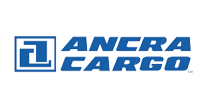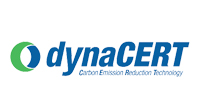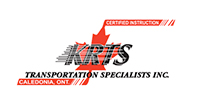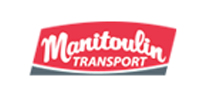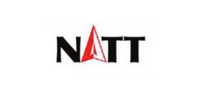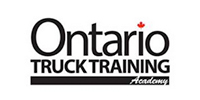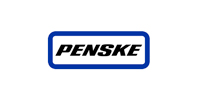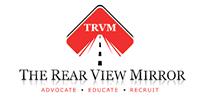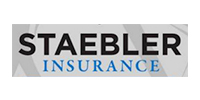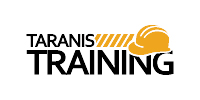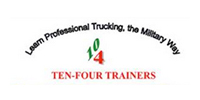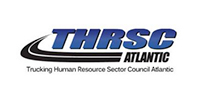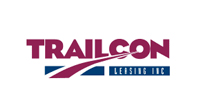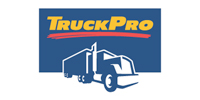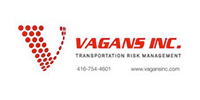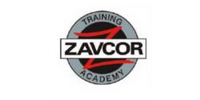Using legal advice to increase business value
By Heather C. Devine, Partner, Isaacs & Co., Barristers & Solicitors
Many executives view lawyers as simply a necessary expense. I understand this view: often a lawyer is retained to provide legal advice in a time of need or conflict, with the result that specific work is requested to be completed quickly. These legal bills can be unpredictable – and are rarely, if ever, lower than budgeted or anticipated.
Instead, I recommend a different approach; educate your lawyer about your specific business needs, and then gradually work with your lawyer to increase your company’s value by considering issues which are not in crises, but instead, may be untapped areas of potential value.
1. Get to know your lawyer, because your lawyer should know your business.
First, establish a working relationship: when was the last time your lawyer visited your offices? Invite your lawyer to your offices to see your business in action. Introduce your key workers and executives, and explain how your business operates and your corporate structure. This will ensure that in the future, when your lawyer provides advice, the advice is automatically tailored to incorporate your specific business interests.
2. Consult your lawyer frequently, but briefly.
Set aside 30 minutes or more for regular discussions by a pre-arranged phone meeting (so your company is on your lawyer’s mind, and he anticipates your call). Use this time to update your lawyer on new developments or assess existing issues; you will be pleasantly surprised to learn what general advice your lawyer can provide. For example, if you are carrying new cargo, perhaps your insurance limits should be increased, or
new regulations apply.
Another advantage is when you need urgent legal advice, you will already be represented by familiar legal counsel, and you may avoid having to establish a new working relationship when you have only hours to solve a problem. Finally, if you require legal advice that is outside your lawyer’s expertise, she can use her network to personally refer you to a lawyer with the right qualifications.
3. Ask your lawyer to advise on areas with languishing value.
When lawyers are viewed only as an expense, they are not consulted on areas where there is no evident conflict. This approach overlooks areas where there is hidden value: corporate (re)structure, contract review, and identifying and protecting intangible assets.
Do you have the best corporate structure for your immediate and future needs?
Unless you ask, you do not know if your corporate structure is the most appropriate. For example, many US companies suggest their Canadian subsidiary should be incorporated as a limited liability company – an ordinary solution. However, there are also unlimited liability companies that are registered in either Alberta or Nova Scotia that can provide excellent tax benefits. These little known yet helpful corporate structures are available, but only if you ask. If you are worried about excessive legal costs, set a cap or a firm budget. The legal opinion on the status does not commit you to that course of action.
Also consider this question: Are your assets owned by the same company that has the highest exposure to liability? If so, are they vulnerable? In the trucking industry accidents or losses can be catastrophic. Find out if your corporate structure should be diversified so that assets are held in one company (assetco), while the potential for liability is assigned to another (employmentco, managementco, or truckingco).
Do you have contracts that reflect your actual business model?
Generally, deregulation in 2009 created an informal culture in the transportation and logistics industry. (Some in the US refer to our transportation space as “The Wild West.”) In a deregulated environment, a company must create its own certainty, and that certainty is found in your contracts (i.e., with customers, carriers, brokers, and executive employees).
Some companies try to save money and ask their lawyer for a ‘precedent.’ Frankly, this is the equivalent of asking someone to sell you ‘pants.’ You may get cargo pants when you expected jeans. Take the time to work with your lawyer to get your contracts drafted in clear English and ensure those contracts reflect your business model. There are many instances where I review a contract and ask operations or sales people: Do you actually do what is in this contract? Only to find they do not.
Instead, work with your lawyer to obtain contracts that reflect your operations so that your business model is reflected in your contracts, and by adhering to your contracts you are reinforcing your business model and best business practices.
Do you have unprotected value in your brand name and logo?
Finally, a good lawyer can add value by reviewing your company’s intangible assets: ask your lawyer if you should or can trademark your name and logo? For example, in an acquisition regarding a multi-million dollar target, a purchaser learned during due diligence that the target’s well-known name and logo (a multi-generation, multi-million dollar revenue company) were not trademarked. It was too late for the target to obtain protection. Such oversight can result in a potentially significant reduction in value. A small investment over the course of years can create and grow a valuable and recognizable trademark portfolio and, consequently, increase goodwill.
Also ask: do you have confidential information that should be protected? Trade secrets, confidential customer lists, prices per trade channel? The investment to protect these intangible assets will make them tangible assets and increase the value of your company.
In closing, this is my first column of many, and in my subsequent articles I intend to explore issues such as how to identify and protect confidential information, and the drafting and enforcement of executive employment contracts in Canada. Please email me with your questions at heather@isaacsco.ca, and I will incorporate answers to your questions into future articles.




